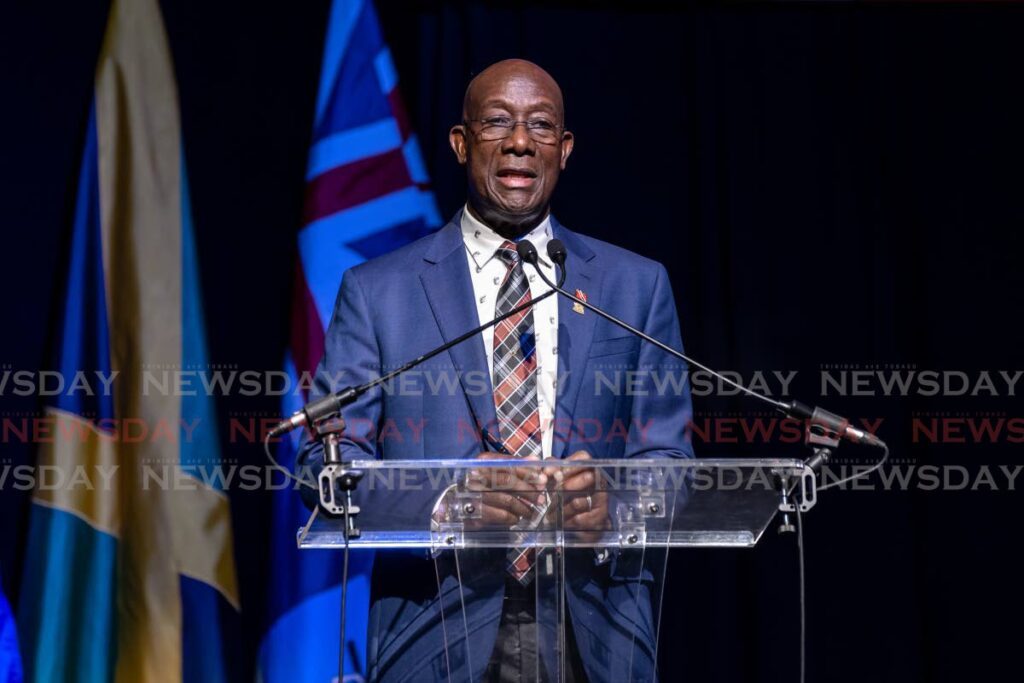Keeping an eye on spies

FOUR developments – the questioning of Strategic Services Agency (SSA) officials facing gun charges, the dismissal of the SSA director, the disclosure of an audit of regiment firearms by the Special Branch, and the admission by the Prime Minister that the Government was “blindsided” by SSA matters – are the strongest indicators yet that the future of this intelligence agency is in question.
Taken individually, each development would be disturbing. Collectively, they are alarming.
Whatever the outcome of the exercise by the SSA’s acting director, retired Brig Gen Anthony Phillips-Spencer, it is clear there is need for oversight of the intelligence community.
That need is deepened when we consider the crime rate and the fact that existing arrangements do not bode well for the separation of powers.
The police detention of four individuals last week has been linked to unsanctioned firearms. While on May 18, Director of Public Prosecutions Roger Gaspard, SC, ordered the release of these officials, that is not reason to believe the ongoing turmoil has de-escalated.
On the contrary, it is cause for even more disquiet, pointing to far more worrying issues at play.
In March, Dr Rowley said circumstances had arisen requiring the Government to act to ensure national security was not jeopardised. By May 19, he revealed that not only was the Cabinet blindsided, but the ongoing investigation had unearthed troublesome issues, adding, “We will rectify it and return the agency to its purpose.”
However, the deviation of a key intelligence agency such as the SSA from “its purpose” might not be remedied by a secret investigative report, even one authored by an official of the calibre of Brig Gen Phillips-Spencer.
It is clear issues have arisen that invite broader reflection on the vetting of appointees, accountability for operational matters as well as, potentially, misconduct.
The SSA Act suggests Cabinet and service commissions are relevant for various personnel matters, the Auditor General has a role to play in overseeing finances, and there is a line relationship with a minister. Additionally, all citizens are answerable to the police.
But the SSA is meant to advise the police.
And SSA powers and secrecy mean there are tremendous hurdles that must be overcome even if an entity is in a position to provide timely oversight.
It falls, it seems, to the Cabinet, specifically the National Security Council, to fill the vacuum and to have general responsibility for examining policy and performance whenever it can.
But the dangers of an arrangement in which spies answer to politicians are obvious.
Moving forward, oversight of the SSA should be shared between the executive and the legislative branch, the latter considering matters in camera at a parliament committee if they must, for confidence to be restored.

Comments
"Keeping an eye on spies"